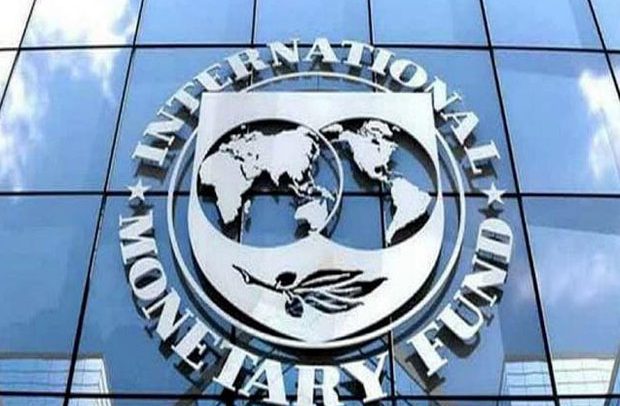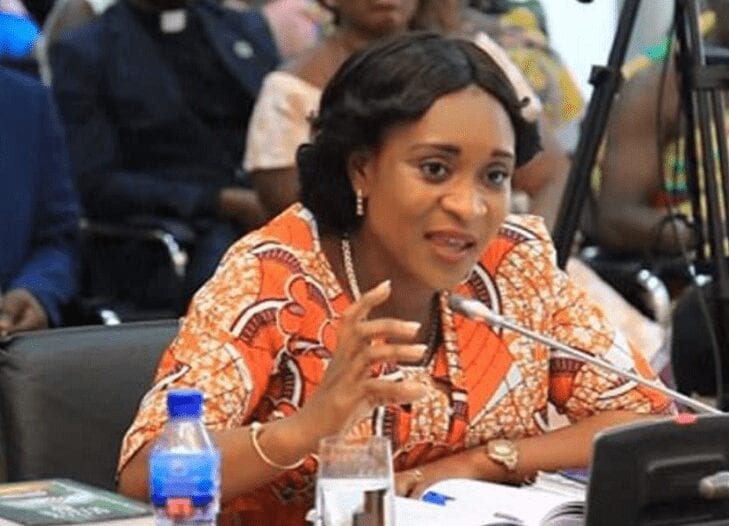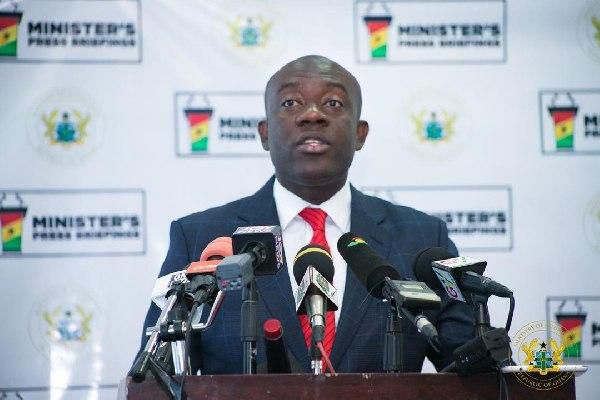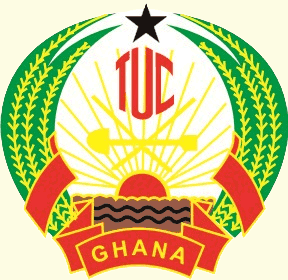
The International Monetary Fund (IMF) has placed Ghana on a Post Program Monitoring after the country’s debt levels with the Fund reached a little over $1 billion.
JoyBusiness understands that the action was taken in June this year.
When a member country borrows money from the IMF, its policies come under closer scrutiny. Once a country has completed its lending program, it may be subject to Post-Program Monitoring (PPM), which is an important part of the Fund’s safeguard architecture.
PPM is generally expected for all member countries that have substantial IMF credit outstanding following the expiration of their programs.
The aim is to identify risks to such member countries’ medium-term viability and provide early warnings on risks to the Fund’s balance sheets. Should it become necessary, IMF staff will advise on policy actions to correct macroeconomic imbalances.
Ghana and IMF’s PPM
Another reason that triggered this move was that Ghana’s debt level with the Fund crossed the GH¢400 million mark and for a low middle-income country, it has to be placed on this program to ensure that the debt repayments are not affected in any way.
Ghana’s recent program with the IMF ended in April this year, with Ghana receiving $925.9 million spread over 4 years.
The program approved on April 3, 2015, for SDR 664.20 million (about $925.9 million or 180 per cent of quota at the time of approval of the arrangement). It was extended for an additional year on August 30, 2017, and ended on April 2, 2019.
How does the Post Program Monitoring Works?
Under post-program monitoring, countries undertake more frequent formal consultations with the IMF than is the case under the IMF’s normal surveillance, with a particular focus on macroeconomic and structural policies and risks that have implications for the country’s external viability and capacity to repay the IMF.
There is normally one standalone post-program monitoring paper issued for the Board’s consideration in a twelve-month period.
Post-program monitoring remains in effect until outstanding credit falls below the applicable thresholds above.
Nonetheless, the IMF’s Executive Board could agree to discontinue post-program monitoring?even before outstanding credit falls below the thresholds?if strong policies are in place and the external position is sound.
In cases where post-program monitoring is found to be required even though outstanding credit is below the above-specified thresholds, the monitoring will normally be carried out for an additional year.
Would this come with any conditionality’s?
Sources close to the IMF have argued that this “program” would not come with those “strict” conditionalities but rather warnings and advise to managers of the economy.
The Fund would also make sure that the required policies are still implemented by the government, to ensure that the debt repayment by the government is not affected in any way.
Impact on the economy and Foreign Direct Investments
The IMF reports on the economy would be made available to the public and investors, which would indirectly act as a check on government to be prudent with its expenditure.
Some have argued that this could put the government on its toes, while some are describing it as timely, especially going into an election year.
Sources say this move has rather given some assurance to investors who were worried about prudent spending and fiscal discipline post-IMF program.
Read Full Story



















Facebook
Twitter
Pinterest
Instagram
Google+
YouTube
LinkedIn
RSS